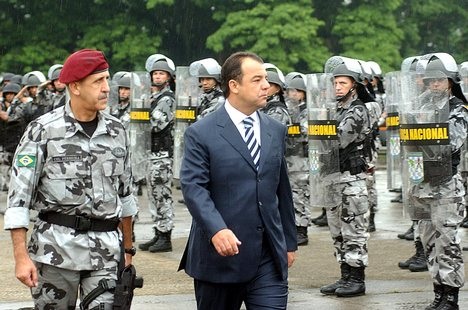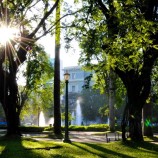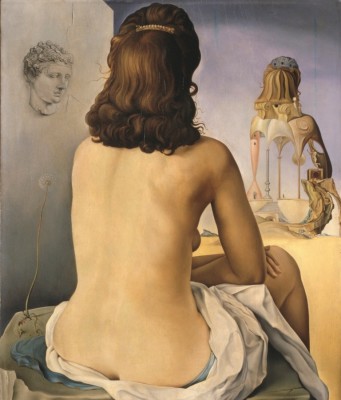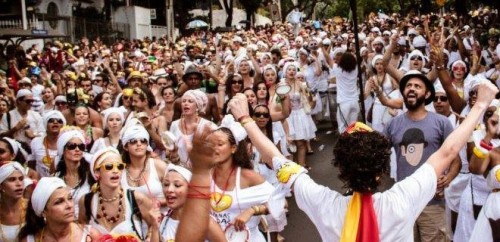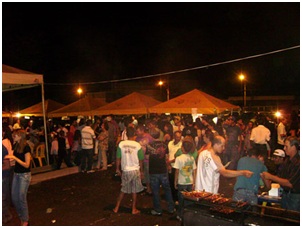In those days, the theme ‘community’ was rarely discussed or brought into debate in public, and in the universities existed only a superficial compilation of research on the subject organized by sociologist Fernando Henrique Cardoso.
While in the motion pictures there was the landmark film Burn! In the film, Gillo Pontecorvo, in an also rare moment of happiness, took us through an imaginary experience on the screen, consecrated and consolidated by the great actor Marlon Brando. In that film, we can see step by step how to mobilize a leadership that, consciously and consistently, blows his community out of complacency and into taking control of their lives. It is a film that portrays the reality and therefore also shows the setbacks imposed by a capitalist system – by force and competency – for its own interests. The English agent is to instill libertarian ideas into a bold slave until together they can organize a great rebellion. Ten years later he returns to testify whom he placed into power because the economic interests come to require a new political framework in the region.
Despite the fiction created in the film, there existed in real life an American soldier named William Walker who in the period of 1856-1857, became president of Nicaragua, funded by the tycoon Cornelius Vanderbilt.
In pursuing this reflection, I remember that in 1972, at the height of the military regime, I was selected to participate in the I Course of Community Development for Teachers and Technicians of Higher Education, conducted by the Ministry of Internal Affairs in Brasilia. In the course, we had essentially relied on social theories and those of noteworthy social workers, especially from the Northeast militants, Sapphire Bezerra among others. There were few trained in Sociology and even less graduate students with a more critical awareness among the twenty-two course participants. I still remain in contact with the brilliant colleague Estênio Iriart El Bayne who was our speaker and marked the moment with his words and revolutionary messages. The first to say in the presence of the Minister and several senior members of the regime: “We give thanks to the Brazilian people who financed this course.”
We left with a strong desire to change this country. And we knew that it would have to be by the strength of the people. In a book written in 1976 by the angry Marcio Moreira Alves, annulled federal Congressman, who records the movement spurred by the popular Mayor Dirceu Carneiro of the PMDB opposition, in Lages, Santa Catarina, of which the results marked the lives of all who were involved in the mobilization of communities marginalized by perverse capitalism run wild. Today, all this is just history.
Much later we were introduced to the book “Social Mobilization: How to Build a Democratic Participation,” written by Maria Duarte Nisia Werneck, with the Colombian philosopher Bernardo Toro and the Chilean Carlos Mattus’ theories of participatory planning.
In the practice of our work as Social Mobilization Analysts, we had contact with the charismatic Rodolfo Alexandre Inacio Cascão that, coming from revolutionary experiences, incorporated the playful, party, art and fun into the movement and other ways to attract and educate people of all social strata.
The fact is that political decisions are taken by laymen who totally ignore the principles and theories of Mobilization. The leaders prefer the more empirical, pragmatic work and the paternalistic style that keeps the population involved as passive spectators of the process.
The essence is very different than the appearance. Starting with the understanding that all human beings are born equal and only the dominant culture treats them differently.
Recently I had a meeting in a community in which I had the opportunity to see how different it is to deal with people, to grant them respect and dignity. The residents of the village of Ali BH expounded their views, defend their rights and convictions, with the full force of their lungs as they lived and felt as equals. Who had no sociological training among us were startled. Our colleague Maria Lucia Vieira demonstrated her charm with the desire to engage in almost all presents offered. What a show!
It’s quite different once you arrive in a community with a complete package under your arm, offering what the public powers think you should offer and it’s another thing to know the real demands of the residents who are suffering and who really know what they need. The demonstration of respect and support is almost everything that people need.
Only those who study through all available resources, through the social system and its infinite tricks can make serious work of social mobilization. It is known that only through the community’s awareness that a society can be led in the ways we dream of non-violence, solidarity and peace culture.
Related Articles


